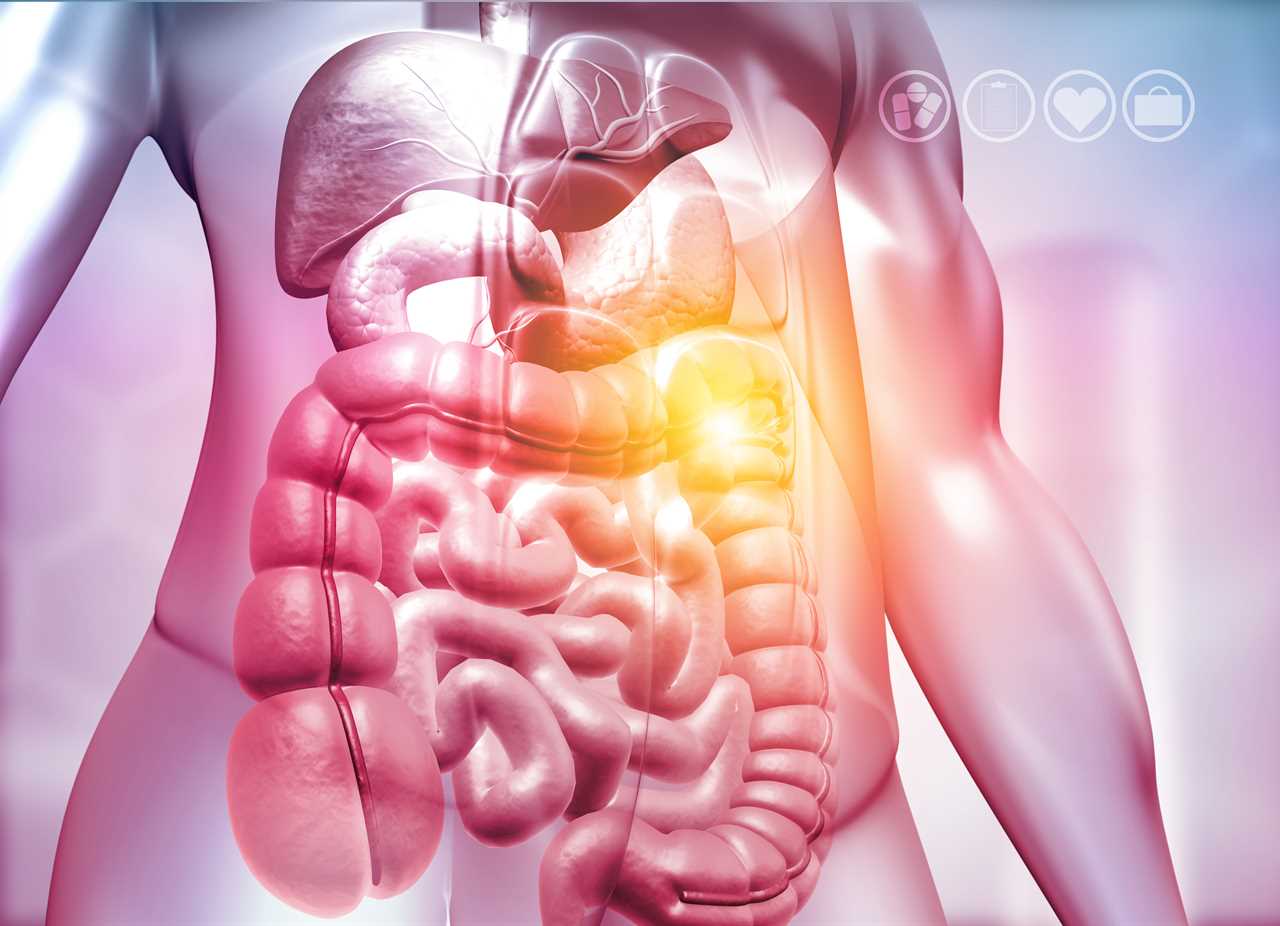GETTING ‘butterflies’ when you’re nervous is pretty normal, but did you know a ‘fluttering’ sensation under your ribs could be a symptom of pancreatic cancer?
Around 10,500 people in the UK are diagnosed with the pancreatic cancer every year, according to Cancer Research UK, while the survival rate after 10 or more years is just 5 per cent.

Those are upsetting stats, and yet, many of us still wouldn’t be able to list the possible signs or know what to look for.
To be fair, it can be tricky to diagnose.
Even the NHS notes on their website that, “pancreatic cancer may not have any symptoms, or they might be hard to spot.”
The vague symptoms also vary person to person, meaning knowing what to look out for can be tough.
Screening or early detection tests to help doctors diagnose the disease currently don’t exist either.
Now there’s renewed talk that a bizarre ‘fluttering sensation’ underneath your ribs could be a potential symptom.
ALL A-FLUTTER
The symptom was first touted as a potential sign in a 2014 BMJ report that referred to patients experiencing ‘pain’ and a sense of ‘fluttering’ beneath their ribs ahead of a pancreatic cancer diagnosis.
So is it a legit sign you should be alert to?
Lisa Woodrow, Pancreatic Cancer Specialist Nurse at Pancreatic Cancer UK, says: “We don’t frequently hear people talk about a fluttering sensation in their abdomen, but this could be related to digestive issues caused by the pancreas not working properly.
“Some people do talk about a gurgling sensation, and I wonder often if this is due to malabsorption of food due to insufficient pancreatic enzymes, thus this is often wind and digestion related.”
“Some patients will talk about a ‘pulling’ under their ribs,” she adds.
“Again, this is often related to digestive issues, or occasionally liver capsule pain when the disease has spread to the liver and this tissue is stretched causing discomfort.”
KNOW THE SIGNS
CEO and founder of Pancreatic Cancer Action, Ali Stunt, says that largely, “people are not aware of the symptoms of pancreatic cancers,” and this, combined with the fact “there are quite a lot of symptoms that are attributable to other diseases” means the disease can be misdiagnosed, or missed entirely.
Before her own diagnosis in 2007 aged 41, Ali herself was told she had a range of conditions – including muscle strain, irritable bowel syndrome, diabetes and gallstones.
She was even prescribed Buscopan and Gaviscon before an ultrasound and then a CT scan finally picked up a five centimetre mass on her pancreas.
Luckily for Ali, her tumour was caught just in time for surgery to be effective.
Not everyone is so fortunate.
“Only 10% of us are diagnosed in time to have surgeries to remove the tumour,” she says.
Ali’s symptoms included severe mid-back pain, where her bra strap sat, and upper-abdominal pain is one of the more common symptoms she says.
“It can be sort of underneath the ribcage and that can radiate round to the back as well.”
In terms of a “fluttering” sensation, she says she’s heard it mentioned, but didn’t experience it herself, and it could be related to that upper-abdominal pain some people suffer.
“People might have intermittent symptoms of this fluttering, so sometimes you’ll get a bit of pain and then it might go away and you feel relieved, and then in a week or so it might be back,” says Ali.
“My advice to anybody who’s got that kind of coming and going of symptoms – if that coming and going is persisting in itself, if it’s not there constantly – then that’s something I would urge people to seek help for.
“Obviously something is causing that.”







